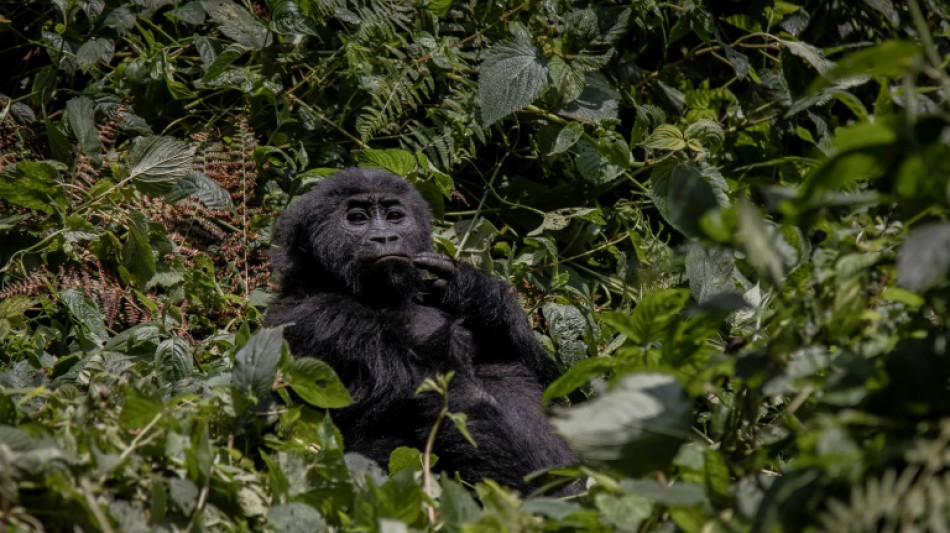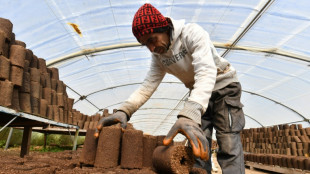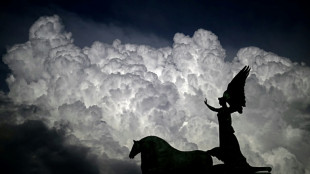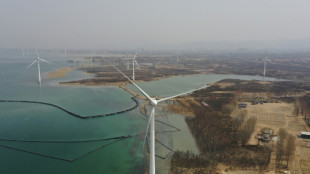

DR Congo Pygmies attacked in wildlife park: rights group
Troops and rangers in the Kahuzi-Biega National Park in eastern DR Congo have carried out attacks on indigenous Pygmies living in the famed wildlife haven, a rights watchdog said on Wednesday
Violence broke out in 2018 between park rangers and members of the Batwa community, who are accused of illegally settling in the reserve, cutting down trees to make charcoal and opening fire on rangers, killing and wounding a number of them.
The British watchdog Minority Rights Group (MRG), in a report on Wednesday, alleged that soldiers and Kahuzi-Biega guards carried out attacks against the Pygmies living in the park.
"The attacks were well-planned, targeted civilian populations," the group said.
"The research team obtained direct evidence of the deaths of at least 20 individual Batwa community members in connection with this three-year campaign of forced expulsion," it added.
"The research team obtained direct evidence that 15 Batwa women were forcibly group-raped by park guards and soldiers during the July and November-December 2021 operations," the watchdog said.
The 6,000-square-kilometre (2,300-square-mile mile) reserve lies close to the Rwandan border near Bukavu, in one of the most troubled areas of the vast country.
- Legal limbo -
Dominated by the extinct volcanoes of Kahuzi and Biega, the park's tropical forests are a redoubt for one of the last populations of eastern lowland gorillas, made up of about 250 primates, according to its website.
Since the 1990s, the haven has been listed by UNESCO as a World Heritage site in danger because of the presence of armed groups and settlers, poaching and deforestation.
A number of Pygmies charge that their land was confiscated when the national park was expanded and want to recover what they say is theirs.
The MRG report, based on on-site investigation and dozens of witnesses, said the park rangers received financial and technical support at the time from the governments of Germany and the United States, as well as international conservation organizations such as the Wildlife Conservation Society.
An investigation has recently been launched by the park's overseers, the Congolese Institute for the Conservation of Nature (ICCN), to probe alleged violations.
The panel has been in Bukavu since April 4 and will travel to the scene of the alleged crimes, Georges Muzibaziba, who heads the ICCN's human rights section.
There is a lack of legal clarity between DR Congo's laws that protect the national park and those guaranteeing the rights of the Pygmy populations.
On April 7, 2021, a bill to protect and promote the rights of indigenous people was adopted by the DR Congo parliament.
It guarantees among other things recognition of the rights to land and natural resources of the indigenous Pygmy people to possess, occupy and use traditionally.
The Senate has been reviewing the bill for the last year.
W.Lejeune--JdB



